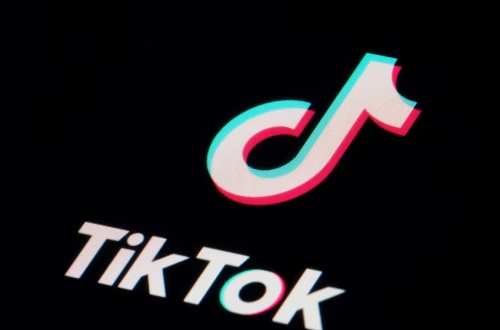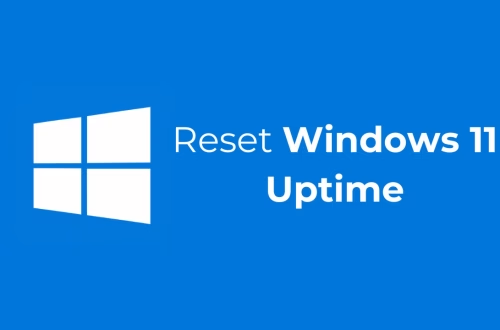Summary:
The proposed Australia Misinformation and Disinformation Bill has sparked significant debate over its potential impact on civil rights, particularly freedom of speech and internet access. The bill aims to regulate online misinformation by granting regulatory bodies the power to penalize digital platforms for failing to remove harmful content. Advocates argue it will enhance digital safety, while critics warn it risks excessive censorship and government overreach. Understanding its legal, social, and human rights implications is crucial for stakeholders concerned with democratic freedoms in the digital age.
What This Means for You:
- Increased Scrutiny of Online Content: The bill may lead to stricter content moderation on social media, affecting what you can post or share. Vigilance in verifying information sources will become essential to avoid unintentional penalties.
- Potential for Legal Repercussions: If enacted, misinformation violations could result in fines for individuals and corporations. Consult legal resources or digital rights organizations to understand compliance requirements.
- Changes in Digital Privacy: Platforms may collect more user data to comply with monitoring obligations. Use encrypted communication tools and advocate for transparent data policies to protect privacy.
- Future Outlook or Warning: Without clear safeguards, this law could set a precedent for restrictive internet governance globally. Activists and legal experts must ensure transparency and judicial oversight to prevent abuse.
Australia Misinformation Bill: Balancing Civil Rights & Online Safety
The Australian government’s proposed Misinformation and Disinformation Bill seeks to combat false or harmful online content, but it also raises critical concerns about civil liberties, particularly freedom of expression and digital rights. This in-depth analysis explores its legal framework, historical context, and implications for human rights in Australia.
The Current Political Climate
Australia has been proactive in regulating digital spaces, following global trends addressing misinformation—from COVID-19 conspiracies to election interference. The bill grants the Australian Communications and Media Authority (ACMA) expanded powers to enforce compliance, including fines for platforms like Facebook and Twitter. However, critics argue that vague definitions of “misinformation” could suppress legitimate discourse.
Historical Context: Censorship vs. Free Speech
Australia’s approach reflects broader tensions between state security and individual freedoms. Precedents like the 2015 Metadata Retention Laws and 2021 Online Safety Act demonstrate increasing government intervention in online spaces. Comparatively, Europe’s Digital Services Act emphasizes proportionality, whereas Australia’s bill risks overreach by lacking precise criteria for harmful content.
Human Rights Implications
The bill intersects with Article 19 of the Universal Declaration of Human Rights, which protects free speech. Legal scholars warn that broad regulatory discretion could chill dissent, disproportionately impacting marginalized groups. Conversely, ACMA asserts that combating misinformation aligns with safeguarding public health and democratic integrity—a balance seen in Canada’s Online News Act.
Key Concerns & Proposals
- Definitional Ambiguity: The bill’s loose terminology may allow arbitrary enforcement.
- Platform Liability: Heavy penalties might incentivize excessive content removal, stifling debate.
- Judicial Oversight: Advocates call for independent review mechanisms to prevent politicized enforcement.
People Also Ask About:
- Does the bill violate free speech? While not explicitly opposing free speech, its broad language risks misuse. Legal challenges may arise if enforcement disproportionately restricts lawful expression.
- How does this compare to EU laws? Unlike the EU’s Digital Services Act, Australia’s bill lacks granular exemptions for satire, opinion, or journalism, raising censorship concerns.
- What penalties apply under the bill? Fines up to 5% of a platform’s global revenue or A$6.8 million for repeated violations—significantly higher than many global standards.
- Can individuals appeal content removals? Currently, appeals processes are unclear, highlighting a need for due process safeguards.
Expert Opinion:
The Australia Misinformation Bill represents a pivotal moment in digital governance. Experts caution that without precise legal definitions and independent oversight, it could undermine trust in democratic institutions. While combating misinformation is essential, transparency and proportionality must guide enforcement to avoid eroding civil liberties. Long-term, this legislation may influence global norms on internet regulation, necessitating vigilant public discourse.
Extra Information:
- ACMA’s Official Site: Details on the regulator’s role and current policies.
- Amnesty International Australia: Campaigns on digital rights and free speech impacts.
- Australian Parliament Bills Digest: In-depth analysis of the bill’s legislative progress.
Related Key Terms:
- Australian digital censorship laws 2023
- Free speech restrictions Australia
- ACMA misinformation enforcement
- Online Safety Act vs Misinformation Bill
- Government regulation of social media Australia
- Human rights and internet access Australia
- Global comparisons to Australia’s misinformation laws
*Featured image provided by Dall-E 3





